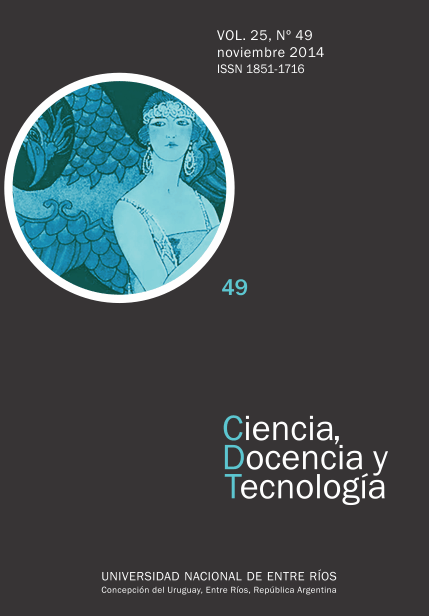Resumo
O vinagre é o produto da fermentação acética do vinho. O sistema semicontínuo é o mais comum na indústria vinagreira; consiste no desenvolmimento de ciclos discontínuos de acetificação. O vinagre e os vinhos cítricos são produtos típicos com características regionais. O objetivo deste trabalho foi obter vinagre de laranja em biorreator de laboratório em sistema semicontínuo, a dois níveis da variável proporção de carga (vinho/vinagre): 40 % e 60 % utilizando-se como respostas velocidade de acetificação e rendimento para escolher o melhor processo. Cada tratamento foi realizado em duplicado. As variáveis operacionais foram 600 rpm, 0,4 vvm e 30 ºC. Foi demonstrado que a proporção carga/descarga, não afeta significativamente (α=0,05) as respostas durante o segundo ciclo para nenhum dos dois níveis. É possível estabelecer a proporção de carga para um processo semicontínuo em 60% para obter maior volume de vinagre de laranja.Os autores detêm os direitos autorais e concedem ao periódico o direito de ser a primeira publicação do trabalho, bem como licenciando-o sob uma Creative Commons Attribution License que permite que terceiros compartilhem o trabalho com um reconhecimento da autoria do trabalho e inicial da publicação nesta revista. Todo o conteúdo é publicado sob a licença internacional Creative Commons 4.0: Atribuição-Não-Comercial-Compartilhamento pela mesma.
Downloads
Não há dados estatísticos.

